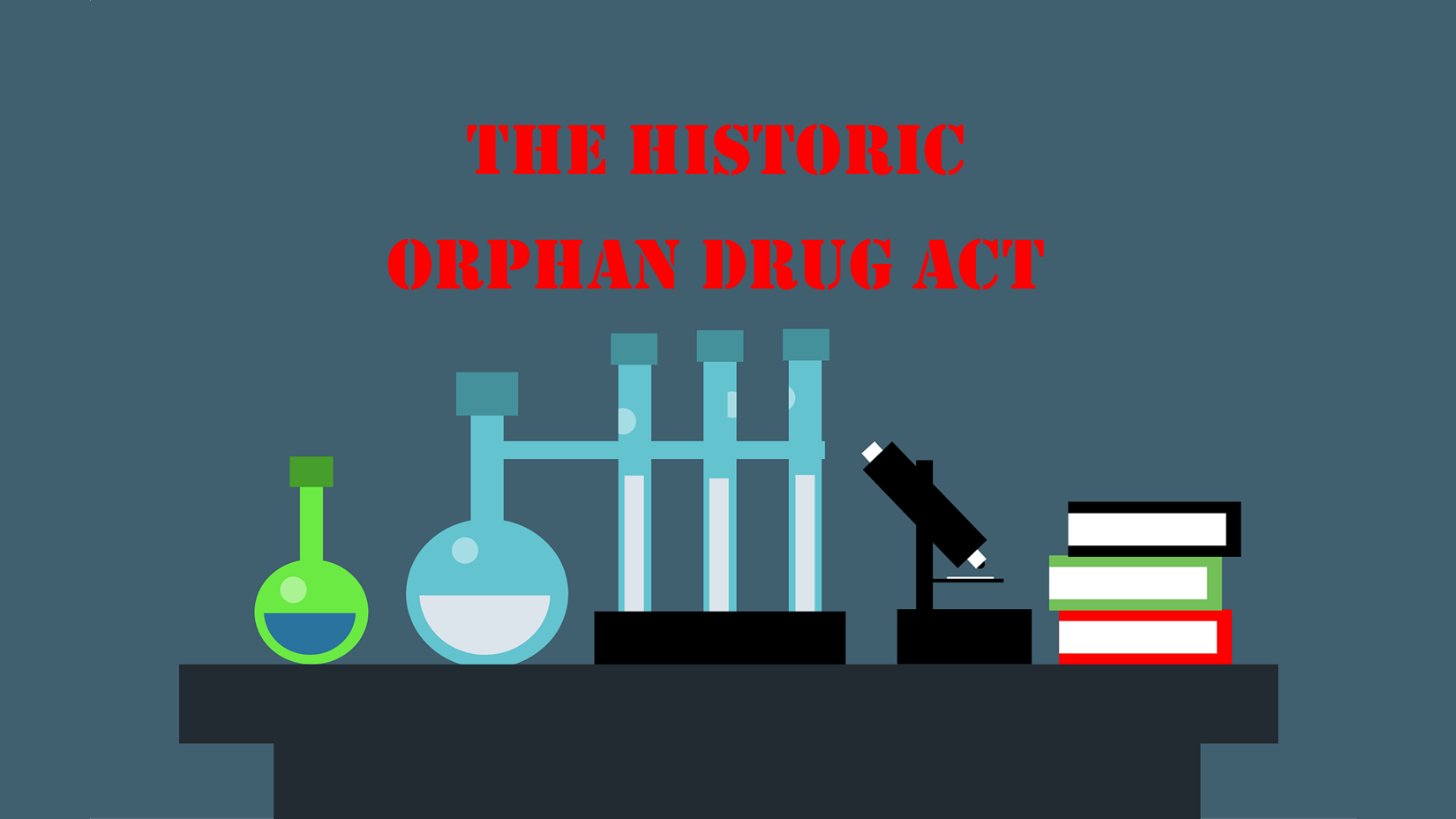Before 1983, if you were one of approximately 30 million people in the United States who suffer from 10,000 “rare” diseases, you had no hope. Biotechnology and pharmaceutical companies did not invest in developing drugs and biologics for rare conditions because there was no reasonable expectation that the drug sales would recover the development costs.
The Orphan Drug Act of 1983 is a U.S. law designed to encourage the development of treatments for rare diseases–often referred to as orphan diseases. An Orphan Disease is a condition that affects a small number of people, typically fewer than 200,000 individuals in the United States.
The Orphan Drug Act offered hope to millions by providing incentives to stimulate the creation of treatments for these rare conditions. The law offers benefits to drug manufacturers such as tax credits and grant funding. To qualify for the incentives, a drug must receive “orphan drug designation” from the U.S. Food and Drug Administration (FDA). This designation is granted when the drug is intended to treat a condition that affects fewer than 200,000 people in the U.S., or when the cost of developing the drug would not be recovered due to the small market distribution size.
Come learn about the historic effects of this law and the diseases that can now be treated on Thursday November 14th at 7:00 PM at the Poolesville Presbyterian Church, Speer Hall. Jeff Fritsch, a Poolesville resident and retired pharmacist will help us learn more about the historic impact of this law. Register here.

